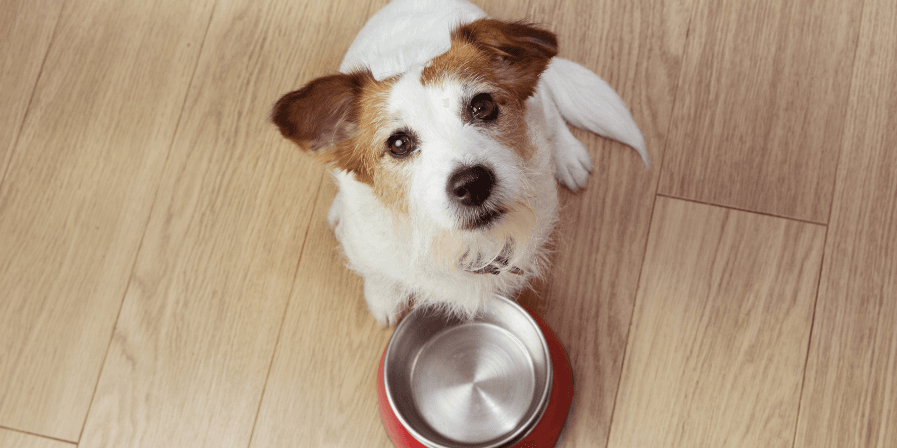Loss of Appetite in Summers

Summer Pet Care is essential as there are several reasons why pets may eat less or exhibit changes in appetite during the summer months:
Summer Pet Care is essential as there are several reasons why pets may eat less or exhibit changes in appetite during the summer months:
- Heat Sensitivity: Like humans, pets can become less hungry when it's hot outside. High temperatures can decrease their appetite and make them feel lethargic. Heat can also increase water loss through panting, leading to decreased feelings of hunger.
- Decreased Activity Levels: Pets may be less active during the summer, especially during the hottest parts of the day. Reduced physical activity can lead to a decrease in calorie needs and subsequently reduce their appetite. 3**. Digestive Upset**: Changes in routine, exposure to new environments, or dietary indiscretions (such as scavenging outdoor food) during the summer can lead to gastrointestinal upset. This can result in a temporary loss of appetite or reluctance to eat.
- Stress or Anxiety: Some pets may experience stress or anxiety during the summer months due to factors such as loud noises (e.g., fireworks), changes in routine (e.g., vacations), or exposure to unfamiliar people or animals. Stress can suppress appetite and lead to decreased food intake.
- Seasonal Allergies: Seasonal pet allergies can develop due to environmental factors like pollen, grass, or mold, which may affect their appetite. Allergy symptoms such as itching, skin irritation, or respiratory issues can lead to discomfort and decreased interest in food.
- Dental Issues: Dental problems, such as periodontal disease or tooth pain, can make eating uncomfortable for pets. Hot weather can exacerbate dental discomfort due to increased blood flow to the gums, leading to decreased appetite. Dental care for pets is necessary during the summers.
- Illness or Medical Conditions: Underlying health issues, such as infections, gastrointestinal disorders, metabolic diseases, or organ dysfunction, can cause pets to eat less or lose their appetite. Hot weather can exacerbate certain medical conditions and impact appetite.
- Water Intake: If pets are not drinking enough water to stay hydrated during hot weather, they may experience decreased appetite as a result. Pet dehydration can lead to lethargy and loss of appetite.
It's essential to monitor your pet's appetite and behavior closely, especially during the summer months. If your pet consistently refuses food or experiences other concerning symptoms, such as vomiting, diarrhea, lethargy, or weight loss, it's important to consult with a veterinarian. A veterinarian can help identify any underlying issues and provide appropriate treatment to ensure your pet's health and well-being.
FAQ’s:
How can I encourage my pet to eat during the summer? • A: You can encourage your pet to eat by offering smaller, more frequent meals, providing fresh water at all times, feeding during cooler parts of the day, offering palatable and hydrating foods, and minimizing stressors in their environment. Consider lighter meals, increased fiber, fresh fruits and vegetables, and frozen treats to help keep your pet cool and comfortable. ** When should I seek veterinary advice if my pet eats less during the summer?** • A: If your pet consistently refuses food or experiences other concerning symptoms such as vomiting, diarrhoea, lethargy, or weight loss, it's important to consult with a veterinarian for proper evaluation and treatment.
For bookings and inquiries, reach out to us at 9311560101 or https://dccpets.in. You can also visit our clinics for veterinary doctors in Delhi, Gurgaon and Noida.


 How can we help?
How can we help?